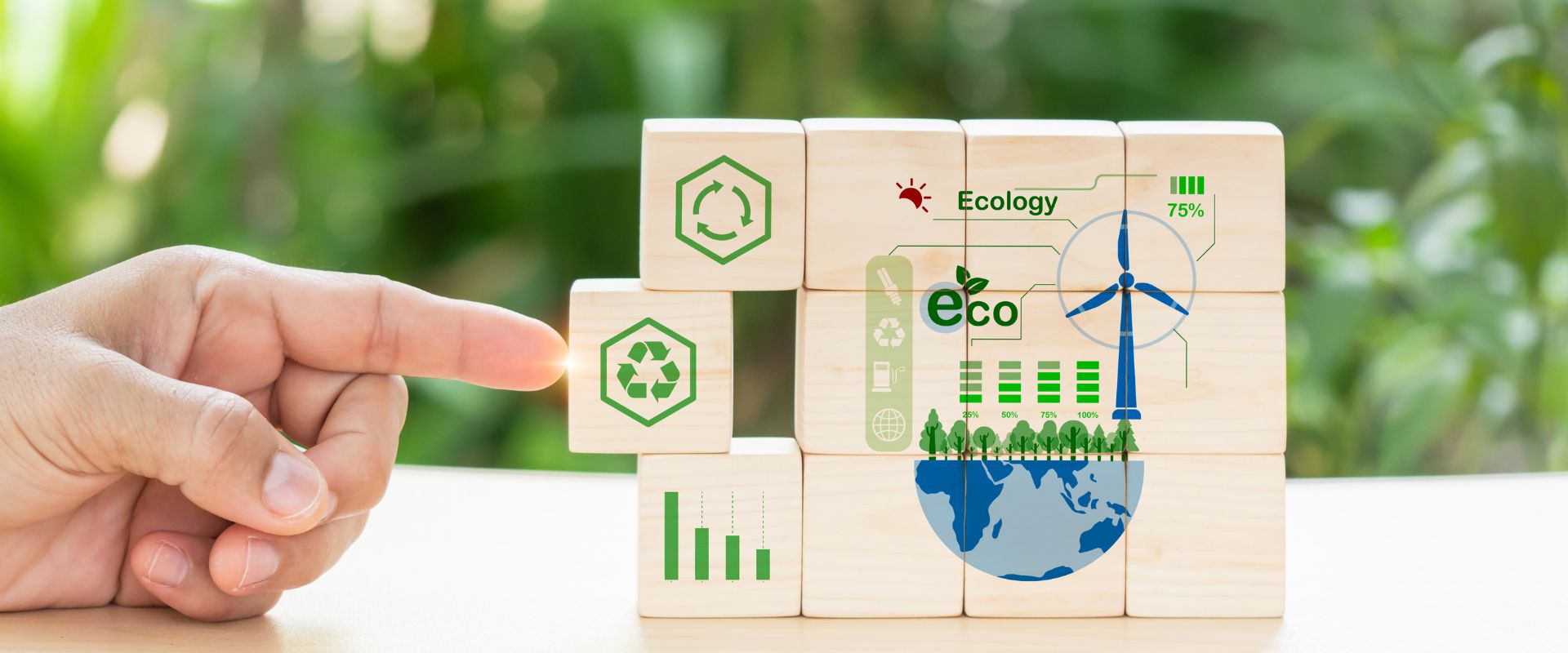In an innovative series of interviews conducted in nine countries, businesses mainly from the construction, textile, and electronics/ICT industries have shared valuable insights on how they are incorporating digital technology into circular economy practices. These carefully designed interviews reveal the growing importance of digital solutions in helping these industries adopt more sustainable and environmentally friendly methods.
Construction Sector’s Digital Transition: In the realm of construction, the digital revolution is fundamentally reshaping practices. The interviews highlighted how digital tools are being utilized for better resource management and waste reduction. Innovations like Building Information Modeling (BIM) and digital platforms for materials recycling are enabling more efficient use of resources and fostering a circular approach in construction projects.
Textile Industry Embracing Digitalization: The textile industry, traditionally known for its high environmental impact, is increasingly adopting digital technologies. Insights from the interviews indicate that these technologies are being used to streamline supply chains, track materials more accurately, and manage the lifecycle of textiles better. Additionally, digital platforms are promoting sustainable business models, such as clothes renting and swapping, which help extend the lifespan of clothing items.
Electronics/ICT Sector’s Circular Drive: The electronics/ICT industry is leading the way in incorporating digital solutions for a circular economy. The interviews highlight how companies in this sector are employing digital tools in designing products that are easier to disassemble and recycle. They are also implementing digital tracking systems for the effective management of electronic waste, promoting responsible recycling practices and reducing waste that ends up in landfills
These interviews have been crucial in demonstrating how digital technology plays a key role in supporting and advancing the circular economy. They provide a unique window into how different sectors are overcoming traditional linear models and moving towards sustainability. Digital solutions are not just improving operational efficiencies but are also enabling new, sustainable business models and helping to meet global environmental targets
While the progress is notable, the interviews also bring to attention the challenges that lie ahead. There is a need for increased collaboration between tech developers, industry stakeholders, and policymakers to create an ecosystem conducive to the growth of digital circular economy solutions. The importance of regulatory support, investment in innovation, and consumer awareness are recurrent themes in these discussion
In essence, these multi-country, multi-sector interviews have highlighted the transformative potential of digital technologies in steering industries towards a more sustainable, circular future. These interviews not only serve as practical guides for other companies interested in adopting similar sustainable practices, but they also highlight the need for a more unified and worldwide approach to integrating digital technologies in the pursuit of a circular economy.
